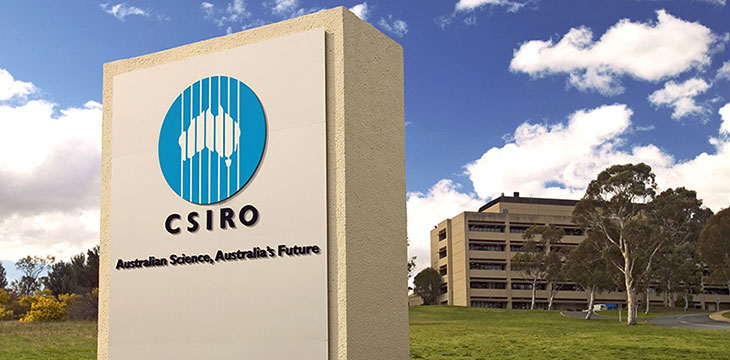
|
Getting your Trinity Audio player ready... |
Australia’s national science agency, CSIRO (Commonwealth Scientific and Industrial Research Organization) has successfully completed a test of its blockchain and the results are promising. The test, which was conducted on Amazon’s cloud computing network, was able to process 30,000 transactions in one second.
The blockchain, the Red Belly Blockchain, was created in a partnership between CSIRO, and the Concurrent System Research Group at the University of Sydney. The test utilized Amazon’s Amazon Web Services (AWS) cloud platform and was conducted using 1,000 virtual machines in 14 geographic regions of the 18 serviced by AWS.
CSIRO confirmed the results in an announcement on Tuesday, explaining that “a benchmark was set by sending 30,000 transactions per second from different geographic regions, demonstrating an average transaction latency of three seconds with 1,000 replicas.”
The nodes involved were located in North America, South America, Sydney and Europe.
The premise of the test was to highlight Red Belly’s scalability while maintaining the core features of security and speed. The blockchain works on a unique consensus mechanism that is able to perform and scale without needing to rely on a proof of work protocol, which is what is seen most often by blockchains such as BTC and Ethereum.
A senior researcher with CSIRO, Dr. Vincent Gramoli, stated, “Real-world applications of blockchain have been struggling to get off the ground due to issues with energy consumption and complexities induced by the proof of work.” He further explained, “The deployment of Red Belly Blockchain on AWS shows the unique scalability and strength of the next generation ledger technology in a global context.”
AWS has already seen its platform used to run two other experiments between July 2017 and this past May. The earlier test revealed throughput of 660,000 transactions per second across 300 machines, but was limited to a single geographic area.
CSIRO is partnered with tech giant IBM in a data consortium that is currently designed a blockchain platform that would be capable of being deployed on a large scale and across multiple industries. The platform, the Australian National Blockchain, is powered by smart contracts.

 11-21-2024
11-21-2024


